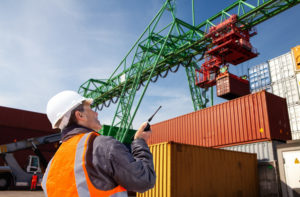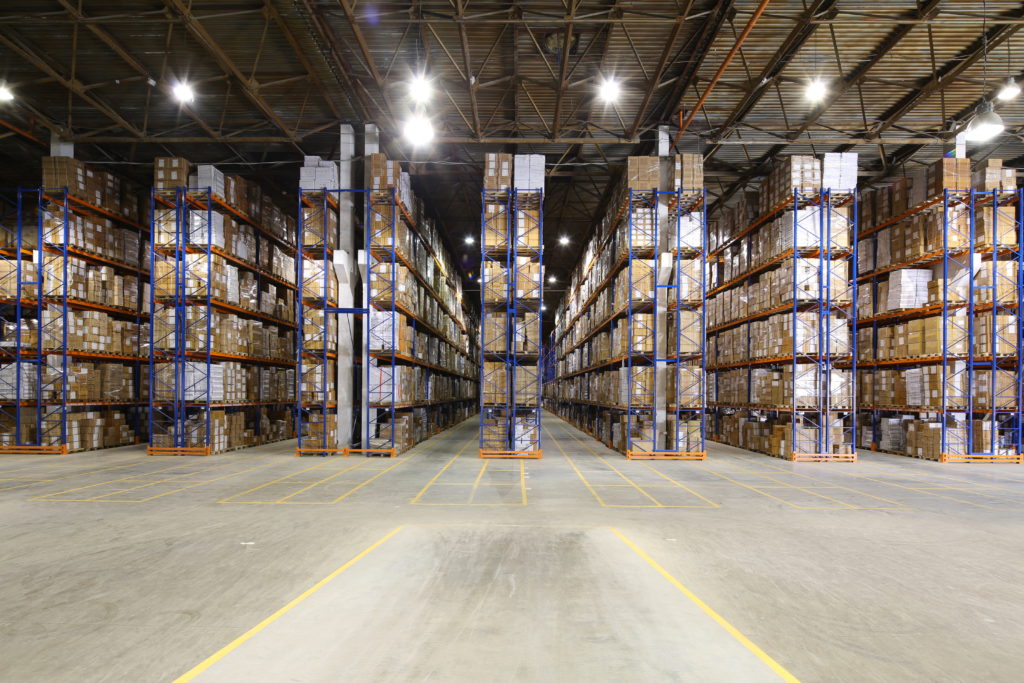 The new NAFTA is coming to town, slowly but surely. If you were anywhere on the internet during the 2016 elections, chances are you heard your fair share of news involving NAFTA and its possible renegotiations. Since the election of the new President, NAFTA has been a bit of a political football and in the midst of talks between Mexico, Canada, and the United States. Today, lawmakers are urging Congress to approve the final negotiated bill so that business can continue and the imports and exports to and from Mexico and Canada can move forward.
The new NAFTA is coming to town, slowly but surely. If you were anywhere on the internet during the 2016 elections, chances are you heard your fair share of news involving NAFTA and its possible renegotiations. Since the election of the new President, NAFTA has been a bit of a political football and in the midst of talks between Mexico, Canada, and the United States. Today, lawmakers are urging Congress to approve the final negotiated bill so that business can continue and the imports and exports to and from Mexico and Canada can move forward.
So What is the New NAFTA?
The new NAFTA was renamed as USMCA and has a few of the former provisions in the old agreement. The agreement has some improvements for North American workers, farmers, ranchers, and businesses. The goal is to support high paying jobs for all workers, including American workers, and include more balanced trade. The new bill was negotiated last year, but has been on hold until Congress ratifies it.
The United States Imports and Exports
The United States is a land of opportunity, but it is also a land of innovation and creation. This is because the free market allows people to create and sell their products in the worldwide market. The United States is the third largest export economy in the world. This means that on any given day there are hundreds of goods moving across borders. That’s where we come in. We support the legal and efficient transportation of goods across the border.
The Top Exports
The United States has several top exports and of the countries to which we export the most include Mexico and Canada, both bordering nations. China is the third. Our major exports include:
- Refined Petroleum
- Cars
- Planes
- Helicopters or Spacecraft
- Gas Turbines
- Medications
Why Freight Forwarding Matters
Selling and trading your goods across the border is a lot more complicated than might first meet the eye. If you are new to exporting or importing business, all of the Custom regulations and inspections might come as a surprise to you but the truth is that the trade regulations can get a little complicated. This is why logistical services and export services are key. Freight forwarding is there to help ensure your products are following the necessary regulations and tracking.
If you are looking to take your good across the border, give Cordova Brokerage a call today. We can walk you through the process and more importantly take care of the logistics for you. Call us today!



 When it comes to importing and exporting goods, there are certain guidelines you should follow that ensure the safety of you, other importers, and the countries to which you are importing and exporting. By following these guidelines, you can rest assured knowing you are taking the safest route and making the safest decisions when it comes to importing goods. While these guidelines put a focus on both importing and exporting, they are especially important when importing to the United States. In fact, most are required by the governing institution that has put them in place.
When it comes to importing and exporting goods, there are certain guidelines you should follow that ensure the safety of you, other importers, and the countries to which you are importing and exporting. By following these guidelines, you can rest assured knowing you are taking the safest route and making the safest decisions when it comes to importing goods. While these guidelines put a focus on both importing and exporting, they are especially important when importing to the United States. In fact, most are required by the governing institution that has put them in place.  With an increase in immigration, both legal and illegal, and a government that bases much of its “allure” on its opinions and actions regarding immigration, tension has grown on both sides. This coupled with people in need of a safer place, or country, to live has increased tension at our borders tenfold. This increased tension has affected where, how, how quickly, and what comes and goes through our borders. While both sides of the government have gone back and forth to improve and/or worsen these conditions, they can definitely have an impact on your business and the products you import and export.
With an increase in immigration, both legal and illegal, and a government that bases much of its “allure” on its opinions and actions regarding immigration, tension has grown on both sides. This coupled with people in need of a safer place, or country, to live has increased tension at our borders tenfold. This increased tension has affected where, how, how quickly, and what comes and goes through our borders. While both sides of the government have gone back and forth to improve and/or worsen these conditions, they can definitely have an impact on your business and the products you import and export.  In a perfect world, we wouldn’t need warehouse services. But this is far from a perfect world, and the unexpected seems to always happen. And what kind of world would this be if we didn’t have any delays? We live in a delay-ridden world where the unexpected happens and we have to prepare for whatever that unexpected thing is, and usually, that means needing to get warehousing for the goods we are importing and exporting internationally. The last thing you want is to have nowhere to store them while going through customs, especially if this process takes longer than usual (and it already takes a while). Having a warehouse to store your goods where you know they’ll be safe from damage, theft, and spoiling is a good way to obtain peace of mind.
In a perfect world, we wouldn’t need warehouse services. But this is far from a perfect world, and the unexpected seems to always happen. And what kind of world would this be if we didn’t have any delays? We live in a delay-ridden world where the unexpected happens and we have to prepare for whatever that unexpected thing is, and usually, that means needing to get warehousing for the goods we are importing and exporting internationally. The last thing you want is to have nowhere to store them while going through customs, especially if this process takes longer than usual (and it already takes a while). Having a warehouse to store your goods where you know they’ll be safe from damage, theft, and spoiling is a good way to obtain peace of mind.  If you work in or own a business that deals with importing and exporting goods, you know just how tricky and stressful the job can often be, especially if you import and export goods from outside the country. With high tension between countries, dealing with customs while bringing in or taking out goods can be quite the nightmare. A customs broker can help you if you work in this kind of business. At Cordova Brokerage International, we’re dedicated to helping businesses master the importing and exporting game by serving as a customs broker for them.
If you work in or own a business that deals with importing and exporting goods, you know just how tricky and stressful the job can often be, especially if you import and export goods from outside the country. With high tension between countries, dealing with customs while bringing in or taking out goods can be quite the nightmare. A customs broker can help you if you work in this kind of business. At Cordova Brokerage International, we’re dedicated to helping businesses master the importing and exporting game by serving as a customs broker for them. 




